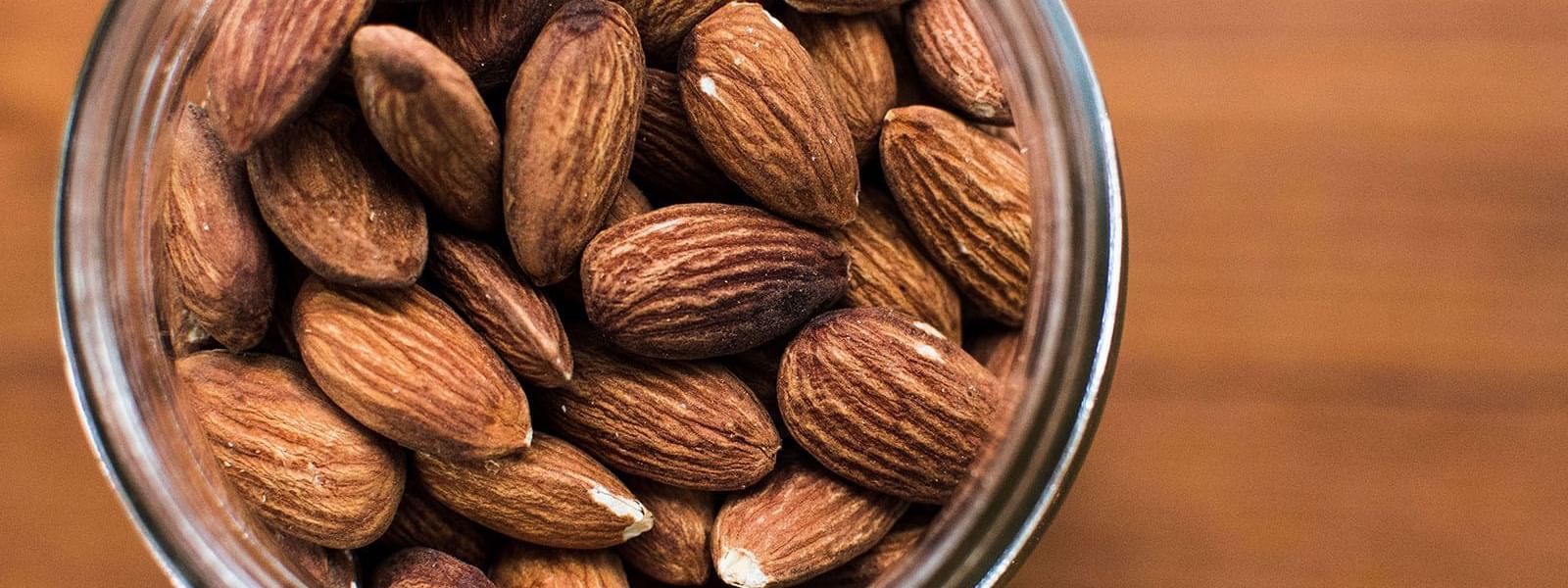Snack attack: battle of the favourites
From coffee and tea to nuts and chocolate – which come out on top when it comes to those between meal tide-me-overs? For a lot of us, snacking is a battle between keeping us going between meals and being tempted by the chocolate cake in the office kitchen.

From coffee and tea to nuts and chocolate – which come out on top when it comes to those between meal tide-me-overs?
For a lot of us, snacking is a battle between keeping us going between meals and being tempted by the chocolate cake in the office kitchen. After all, who doesn’t love a mid-afternoon pick-me-up? But when it comes to snacking, it can be hard to know what’s healthy and what could be sabotaging an otherwise (fairly) healthy diet.
“In this modern life, snacking has gotten a little bit out of control,” says nutritional scientist Dr Joanna McMillan. “There’s just this numerous, endless supply of things for us to eat and the biggest problem is it’s usually not the right stuff,” she adds.
We’ve done the hard work for you and compared some common choices so you don’t have to.
Coffee vs. tea
Ah coffee… the glorious liquid that gets us up in the morning and keeps us going in the afternoon. It’s easy to clock up your third latte without even really thinking about it, but is all that caffeine doing more harm than good, or can we order that double macchiato?
Drinking coffee can help prevent diseases like type 2 diabetes, Parkinson's disease and liver disease, and also appears to improve cognitive function and decrease risk of heart disease. Some people don’t vibe well with too much caffeine – so if you’re one of them you might want to keep your intake in check, and remember that if you add sugar, it can quickly stack up in the calorie department.
Drinking tea can lower your levels of LDL (bad) cholesterol and improve your blood vessels’ capacity to respond to stress. To supersize the benefits, go for green tea, which contains higher levels of flavonoids, plant chemicals that can help ease inflammation in the body. You can drink it cold too, but avoid commercial ‘iced tea’ which is often laden with sugar.
Nuts vs. dark chocolate
If you’re allergic to nuts, we’re sorry, because these guys are a real winner in the snack game. Nuts contain unsaturated fatty acids, fibre, vitamin E and omega-3 fatty acids, and are great on-the-go. Eating nuts can lower levels of inflammation linked to heart disease, and also help lower levels of bad LDL cholesterol. These guys are packed with calories though, so it’s important to limit portion sizes.
And then there’s chocolate. The comfiest of all comfort foods. But can it really be healthy? Actually, yes. Dark chocolate has a number of health benefits including reducing inflammation, lowering risk of heart disease and reducing blood pressure. The less processed it is, the better – so you’re looking for more cocoa (60-70%), less added fat and sugar, and stick to a small piece.
Whole fruit vs. fruit juice
Drinking fruit or vegetable juice can be a good way to add nutrients to your diet if you struggle to hit the daily recommendations of five serves a day (which most of us do). Juice also contains most of the vitamins, minerals and nutrients found in whole fruits, however, much of the fibre content is lost when you juice it. Whole fruits, because they still contain the skin and pulp, are packed with fibre which can aid digestion, help us feel full, improve blood cholesterol levels and can lower risk of heart disease. If you’re finding it hard to get in your greens, go for a juice, but beware of added sugars like honey, syrup and other sweeteners.
So there you go, your 101 guide to smart snacking. Turns out there is a food god, and he’s all about the good stuff.

Join Crown Spa Society
Welcome to Crown Spa Society, our exciting new online community designed to keep you up to date with all that is happening in the health, beauty and wellness space, as well as all the latest news and offers from Crown Spa.

